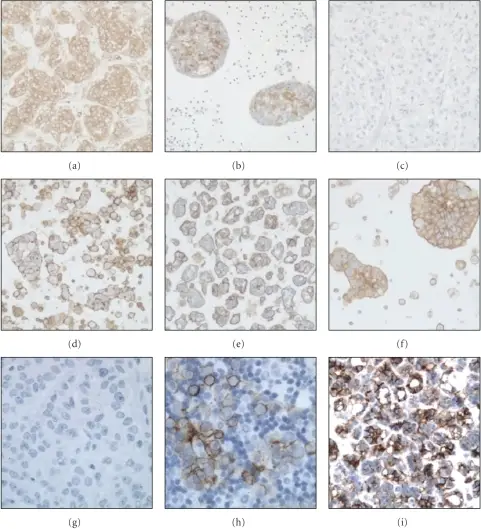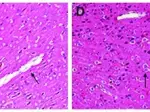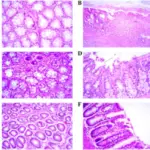Effusions are abnormal collections of fluid in body cavities.
What is the Pathology of Effusions?
The pathology of effusions is:
-Etiology: The cause of effusions include increased hydrostatic pressure, increased vascular permeability, decreased oncotic pressure, increased intrapleural negative pressure, decreased lymphatic drainage, trauma, or infection.
-Pathogenesis: Mismatch of fluid forces.
-Morphology: The morphology associated with effusions shows fluid accumulation that may appear clear, straw-colored, or milky white.
-Histology: The histology associated with effusions shows either serous, serofibrinous, or fibrinous and turbid serous fluid with histiocytes, with or without inflammatory cell infiltrates.
How do Effusions Present?
Patients with effusions typically are either male or female present at the age range of between 15 years of age or older. The symptoms, features, and clinical findings associated with effusions include chest pain, dry, nonproductive cough, and shortness of breath. Two main types of pleural effusions include transudative and exudative which is based on Light’s criteria.
How are Effusions Diagnosed?
Effusions are diagnosed with tests that include chest x-ray, computed tomography (CT) scan of the chest, ultrasound of the chest, thoracentesis, and pleural fluid analysis.
How are Effusions Treated?
Effusions are typically treated with diuretics and medical management of the underlying condition. Heart failure medications used for effusion caused by congestive heart failure or other medical causes. Malignant effusions may need chemotherapy, radiation therapy, or chemotherapy.
What is the Prognosis of Effusions?
The prognosis of effusions is fair.



